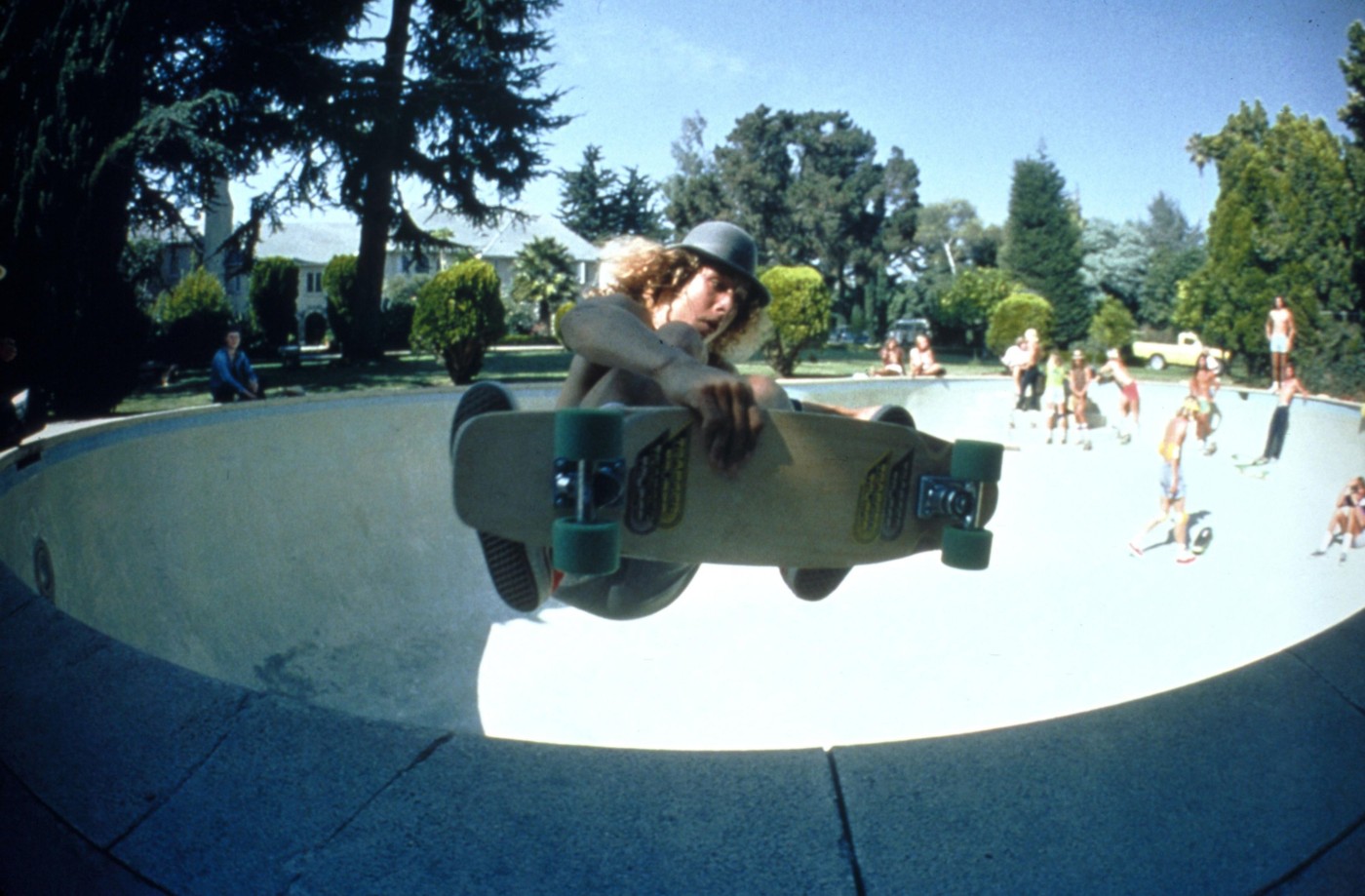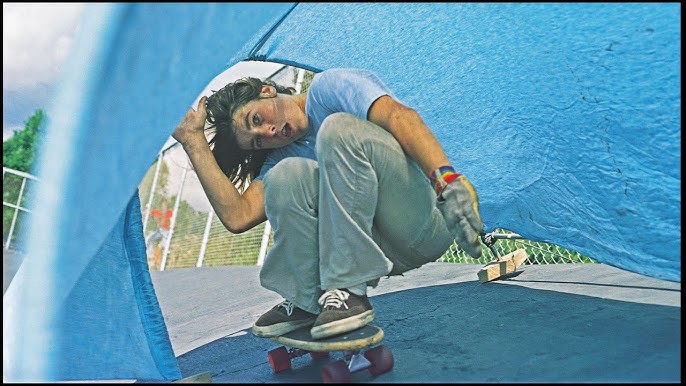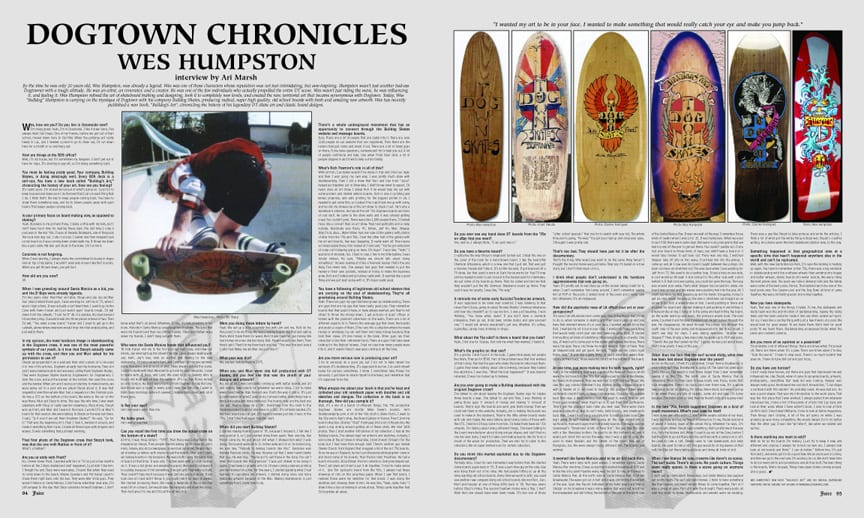Alright, let me tell you about the time I dove deep into the world of “Dogtown Skaters.” It wasn’t just about watching a documentary, it was about experiencing the raw energy of a subculture that changed the game.

It all started when I stumbled upon this old documentary called “Dogtown and Z-Boys.” I’d heard whispers about it, you know, how it was the real deal, the story of how skateboarding went from some lame sidewalk surfing to a full-blown phenomenon. So, I figured, why not? I grabbed some snacks, got comfy, and hit play.
Man, from the first few minutes, I was hooked. This wasn’t some polished, corporate history lesson. This was gritty, in-your-face filmmaking. They had this old footage, shot back in the ’70s, of these kids, the Zephyr team, or Z-Boys as they called them, tearing it up in empty swimming pools in this rundown part of Santa Monica they called Dogtown. The place was rough, almost abandoned, but these kids, they saw potential. They were surfers, mostly, and they brought that flowing, aggressive style to the concrete waves of those pools.
The documentary, which was co-written and directed by Stacy Peralta, who was one of these Z-Boys. And it was narrated by Sean Penn. It pulled no punches. It showed how these kids, fueled by a mix of youthful rebellion and a desire to push boundaries, literally reinvented skateboarding. They were doing things nobody had ever seen before, creating the tricks and the style that still defines the sport today.
I started digging deeper, you know? It wasn’t enough to just watch the film. I wanted to know more about these guys, these pioneers. There was Tony Alva, who became skateboarding’s first world champion and is running his own company named Alva Skates. Then you had Stacy Peralta, who later started Powell Peralta, and even had a young Tony Hawk on his team, the Bones Brigade. And, of course, Jay Adams. He was considered as the “seed” of modern skateboarding. Sadly, he passed away from a heart attack in 2014.
I learned that the whole thing started in this surf shop, Jeff Ho Surfboards and Zephyr Productions. The team, they weren’t just skaters, they were a crew, a family almost. They had their own style, their own language, their own way of looking at the world. They were outcasts, rebels, but they were also innovators and, in their own way, artists. They had rivalries, sure, and there were some tough times, but the bond between them, that was something special.

Watching the film and learning more about the Z-Boys, it made me think about how subcultures form, how they take something ordinary and turn it into something extraordinary. These kids, they didn’t have much, but they had passion, they had creativity, and they had each other. It was like they took the broken pieces of their world and built something new, something exciting.
The music in the documentary, it was a killer soundtrack, too. We’re talking Aerosmith, Alice Cooper, a real mix of classic rock that fit the raw energy of the skateboarding perfectly.
- Aerosmith – “Seasons of Wither”
- Aerosmith – “Toys in the Attic”
- Alice Cooper – “Billion Dollar Baby”
- Alice Cooper – “Generation Landslide”
I even got to watching more interviews, some of them are not shown in the film, and man, those old-timers still had that spark in their eyes when they talked about the old days. They remembered the thrill, the danger, the sense of belonging. It was like they were part of something bigger than themselves, something that would go on to influence generations of skaters and artists.
The Impact
It wasn’t just about skating. It was about a whole attitude, a way of life. The Z-Boys, they showed that you could take something ordinary, something overlooked, and make it your own. They showed that you could create your own world, your own rules, even in a place like Dogtown, which was pretty much written off by everyone else. That message, that spirit, it resonated with me. It was inspiring, you know? It made me want to go out and find my own empty pool, my own way of making a mark on the world.
So, yeah, that’s my little journey into the world of “Dogtown Skaters.” It was more than just watching a film. It was about discovering a piece of history, a piece of culture that still feels relevant today. It was about understanding how a group of kids, with nothing but their boards and their passion, changed the world, one empty pool at a time.
